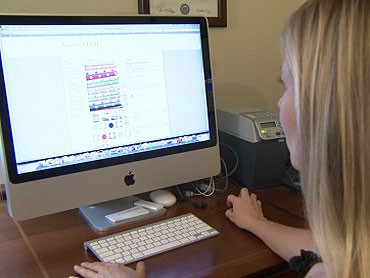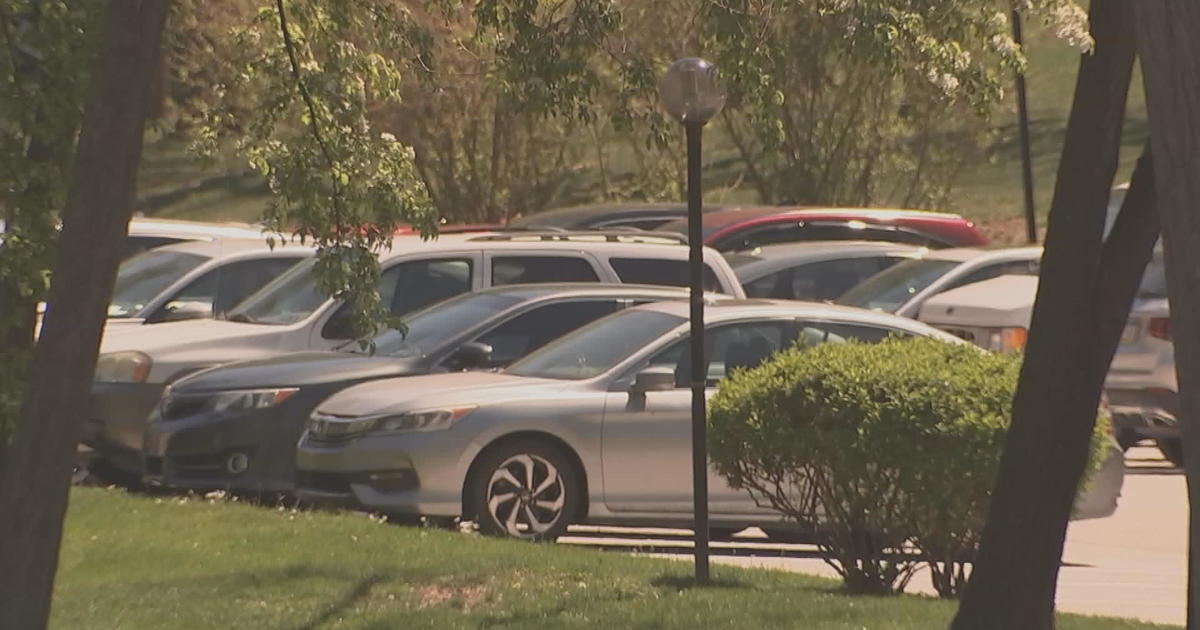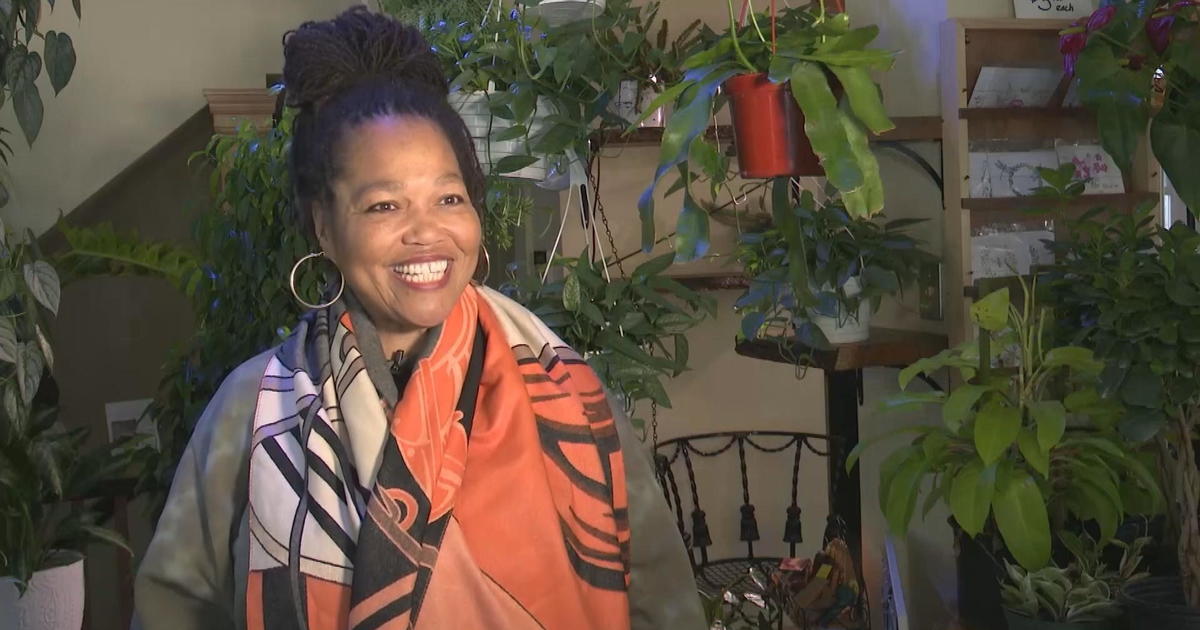Protecting Yourself From 'Phishing Scams'
 An email with the subject titled: "Sad News" would surely get your attention especially if it's supposedly from your friend or a family member. What's more, you open the email and what if it read something like this:
An email with the subject titled: "Sad News" would surely get your attention especially if it's supposedly from your friend or a family member. What's more, you open the email and what if it read something like this:
"I'm writing this with tears in my eyes, my fam and I came down here to London, England for a short vacation unfortunately we were mugged at the park of the hotel where we stayed, all cash, credit card and cell were stolen off us but luckily for us we still have our passports with us.
We've been to the embassy and the Police here but they're not helping issues at all and our flight leaves in less than 3 hrs from now but we're having problems settling the hotel bills and the hotel manager won't let us leave until we settle the bills.
Am freaked out at the moment."
Diana Mackie of Ambler recently found out, her 600 contacts in her Hotmail account got the above email. The sender claimed to be Diana Mackie in need of $2,000 that could be wired to her via Western Union. One of Mackie's friends wired the money, thinking Mackie was in trouble.
The problem is, Mackie was not mugged while vacationing in London, she wasn't even in London and she never sent the email. Mackie later found out, somehow, someone hacked into her Hotmail account.
"First, I think I was embarrassed and tainted that this would happen to me, but then I just got mad thinking about it," Mackie told Eyewitness News.
Andy Goode with the Better Business Bureau of Philadelphia explained, "There isn't a place in the country, probably there isn't a place in most of the world that doesn't get victimized by this kind of activity."
Goode called this activity the latest version of what's known as a "Phishing Scam."
"Scam people out of a few dollars here or there or maybe a lot of money, but over time, it adds up," Goode said.
It adds up to thousands of dollars, according to the Internet Crime Complaint Center. The center found the various online crimes combined and the dollars lost went up from $183.12 million in 2005 to $559.7 million last year.
Goode explained, "It creates an immediate problem because the money is out, gone and you'll never get it back."
Mackie understands and that is why she chose to pay her friend back.
"It was someone who was giving me a big warm bear hug. I'll take care of you and in fact, that was not the right thing to do," Mackie said.
Mackie has filed a police report and in the meantime, she hopes by speaking out she can prevent others from falling victim.
It is unknown how Mackie's hotmail account was compromised. According to the BBB, there are various ways hackers can do so, but there are small steps you can take to protect yourself.
1) Separate your email accounts for specific purposes. For example, have an account used solely for shopping online and have a different account for communicating with friends and family.
2) Change your password often.
3) Choose a password that's less easily identifiable.
Goode explained, "If you're using your name plus a number or your name plus the number one or something, it's not going to take these scammers very long time to crack your password."
If you're on the receiving end of these "Phishing" emails, officials with the Internet Crime Complaint Center advise you to always verify the information before sending the money. You can find more tips on how to protect yourself from various online crimes on their website: www.ic3.gov.
Also if you have been a victim of this type of scam or any other Cyber crime and are not sure what to do, visit the IC3 website and report it there. The IC3 complaint database links complaints for potential referral to the appropriate law enforcement agency for case consideration.



